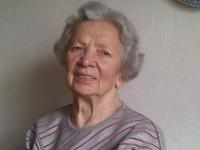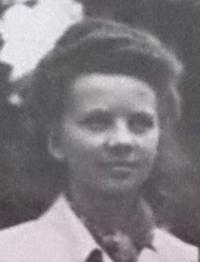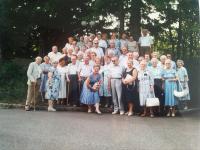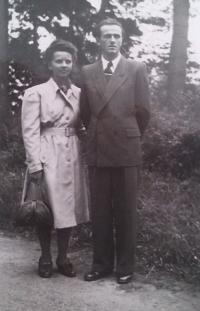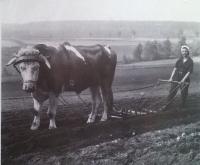The girl was the maid of the peasant and the son was the stable boy...

Stáhnout obrázek
Irma Müller, born Ludwig, is the fifth child of a family of peasants from Neuberg nearby Aš. She was born on April 13, 1926 and her parents had by then already nearly reached 50 years of age. She attended a Volkschule in Neuberg and completed an apprenticeship for a weaver. Her childhood and youth was shaped by the harsh reality of countryside life, working on the field and going to school. Although her father sympathized with the Social Democrats, the family was nevertheless deported from Czechoslovakia after the end of WWII. At first, the family found shelter with a peasant family from Landshut, where they were well received and treated friendly. In December 1946, the family moved to Hof, where Irma got a job at a local weaving mill. It was here where she shortly thereafter met her husband, Kurt Müller, who, however, died in 1952 and she thus was left a widow. Like her father, Irma joined the Seliger Community, traveled Europe for a number of years and took care of her parents until their death. Among other destinations, she would frequently visit her former home country with the Seliger Community. Until her retirement, she was employed at a public swimming pool in Hof, a theater and in a radio store.
